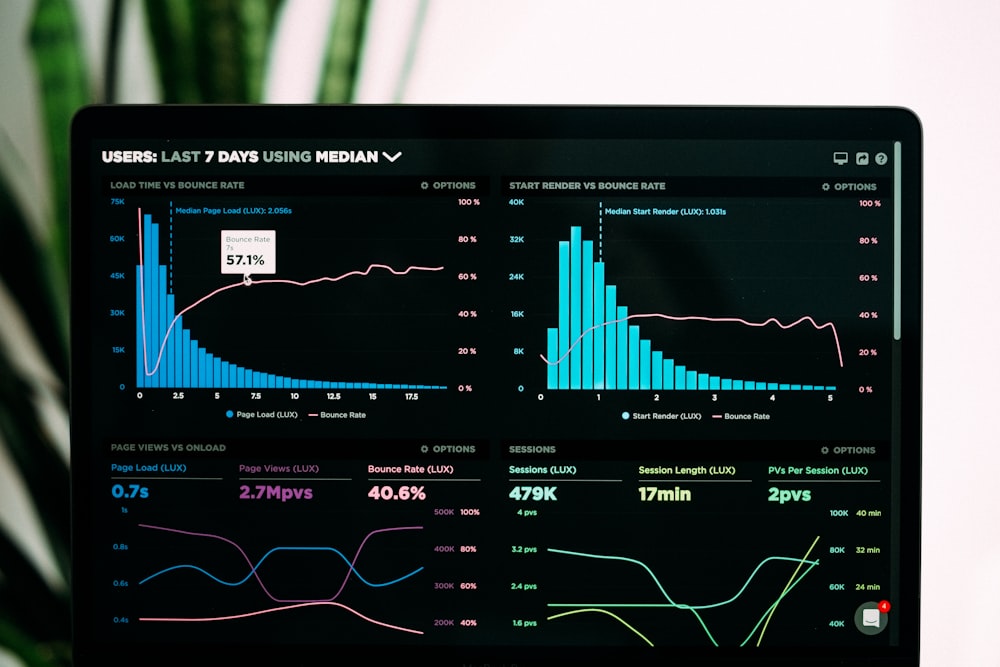📚 Table of Contents
- ✅ Technical Expertise: The Foundation of Remote Data Science
- ✅ Problem-Solving and Analytical Thinking
- ✅ Communication Skills in a Virtual Environment
- ✅ Self-Discipline and Time Management
- ✅ Collaboration and Teamwork in Remote Settings
- ✅ Business Acumen and Domain Knowledge
- ✅ Adaptability and Continuous Learning
- ✅ Conclusion
In today’s digital-first world, the demand for remote data science experts has skyrocketed. But what exactly do employers seek when hiring professionals who will analyze, model, and interpret data from afar? The answer goes beyond technical skills—it encompasses a blend of expertise, adaptability, and soft skills that ensure success in a distributed work environment.
Technical Expertise: The Foundation of Remote Data Science
At the core of any data science role is technical proficiency. Employers prioritize candidates with a strong grasp of programming languages like Python and R, as well as expertise in SQL for database management. Mastery of machine learning frameworks such as TensorFlow, PyTorch, and Scikit-learn is often non-negotiable, especially for roles involving predictive modeling.
Beyond coding, remote data scientists must be adept at data wrangling—cleaning, transforming, and structuring raw data into usable formats. Tools like Pandas, NumPy, and Apache Spark are frequently used for this purpose. Employers also look for experience with cloud platforms like AWS, Google Cloud, or Azure, as remote work often relies on cloud-based infrastructure for data storage and computation.
For example, a company hiring for a remote role might require experience with deploying models using Docker and Kubernetes, ensuring scalability and reproducibility. A candidate who can demonstrate these skills through past projects or open-source contributions stands out.
Problem-Solving and Analytical Thinking
Data science is fundamentally about solving problems, and remote work amplifies the need for independent critical thinking. Employers value professionals who can approach complex datasets with a structured methodology—defining the problem, formulating hypotheses, and iterating through solutions.
Analytical thinking extends to choosing the right algorithms for a given task. For instance, a remote data scientist working on a recommendation system must decide between collaborative filtering, content-based filtering, or hybrid models based on the available data and business goals.
Case studies are particularly telling. A candidate who has optimized a marketing campaign by analyzing customer segmentation or reduced operational costs through predictive maintenance showcases their problem-solving prowess. Employers often assess this through technical interviews or take-home assignments that simulate real-world challenges.
Communication Skills in a Virtual Environment
Remote work hinges on clear and concise communication. Unlike in-office roles, remote data scientists must articulate their findings effectively through written reports, video calls, and collaborative tools like Slack or Microsoft Teams.
Data storytelling is a critical skill—transforming complex analyses into actionable insights for non-technical stakeholders. For example, a data scientist might use visualizations in Tableau or Power BI to present churn analysis to a marketing team, highlighting key drivers and recommending retention strategies.
Employers also look for active participation in virtual meetings and the ability to document workflows thoroughly. A well-maintained Jupyter notebook with clear annotations or a detailed README file in a GitHub repository demonstrates this skill.
Self-Discipline and Time Management
Remote work requires a high degree of self-motivation. Employers seek data scientists who can manage their time efficiently, meet deadlines without constant supervision, and prioritize tasks effectively.
Time-tracking tools like Toggl or productivity techniques such as the Pomodoro method can be indicators of a candidate’s discipline. Additionally, experience with agile methodologies—sprint planning, daily stand-ups, and retrospectives—shows an ability to thrive in structured remote environments.
Anecdotes from past roles can be persuasive. For instance, a candidate who successfully delivered a machine learning model ahead of schedule while working across time zones demonstrates their reliability and organizational skills.
Collaboration and Teamwork in Remote Settings
Despite physical distance, remote data scientists must collaborate seamlessly with engineers, product managers, and business analysts. Employers look for experience with version control systems like Git, which facilitate teamwork on codebases.
Cross-functional projects are a strong signal. A data scientist who has worked with UX researchers to A/B test interface changes or partnered with sales teams to forecast revenue exemplifies collaborative spirit. Tools like Notion or Confluence for knowledge sharing further underscore this capability.
Open-source contributions are another plus. Participating in GitHub projects or writing technical blogs shows engagement with the broader data science community—a trait valued by forward-thinking employers.
Business Acumen and Domain Knowledge
Technical skills alone aren’t enough; employers want data scientists who understand the business context. Whether it’s healthcare, finance, or e-commerce, domain expertise allows professionals to ask the right questions and deliver impactful solutions.
For example, a remote data scientist in fintech should be familiar with fraud detection algorithms and regulatory constraints, while one in retail might need expertise in demand forecasting and inventory optimization.
Employers assess this through scenario-based questions: “How would you reduce customer churn for a subscription service?” or “What metrics would you track to measure the success of a new feature?” Answers that align data strategies with business KPIs stand out.
Adaptability and Continuous Learning
The field of data science evolves rapidly, and remote professionals must stay ahead of trends. Employers favor candidates who show a commitment to learning—whether through online courses, certifications, or experimenting with new tools.
Adaptability also means troubleshooting technical issues independently. A data scientist who has configured their own cloud environment or debugged a model deployment issue without onsite IT support demonstrates resilience.
Portfolios that include projects using cutting-edge techniques—like transformer models for NLP or GANs for image generation—signal a growth mindset that employers highly prize.
Conclusion
Landing a remote data science role requires more than just coding skills. Employers seek a combination of technical mastery, problem-solving ability, communication finesse, and self-discipline—all underpinned by business savvy and a willingness to learn. By cultivating these traits, aspiring remote data scientists can position themselves as invaluable assets in an increasingly distributed workforce.


Leave a Reply